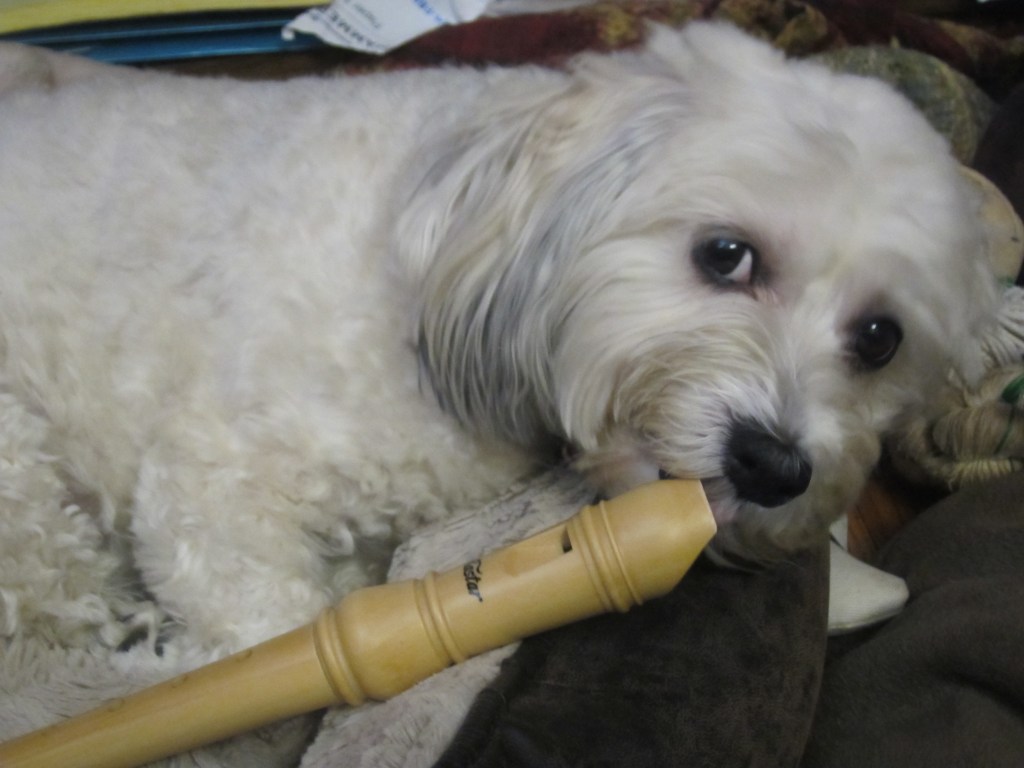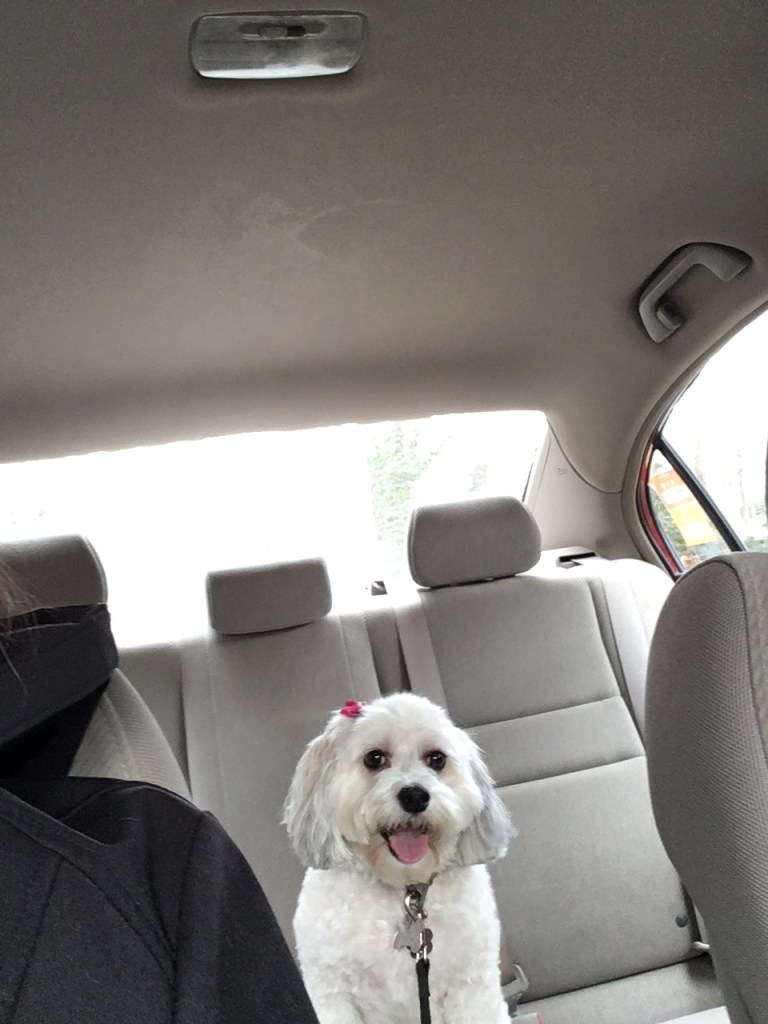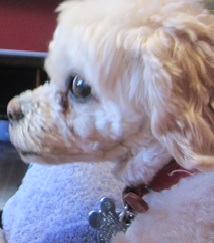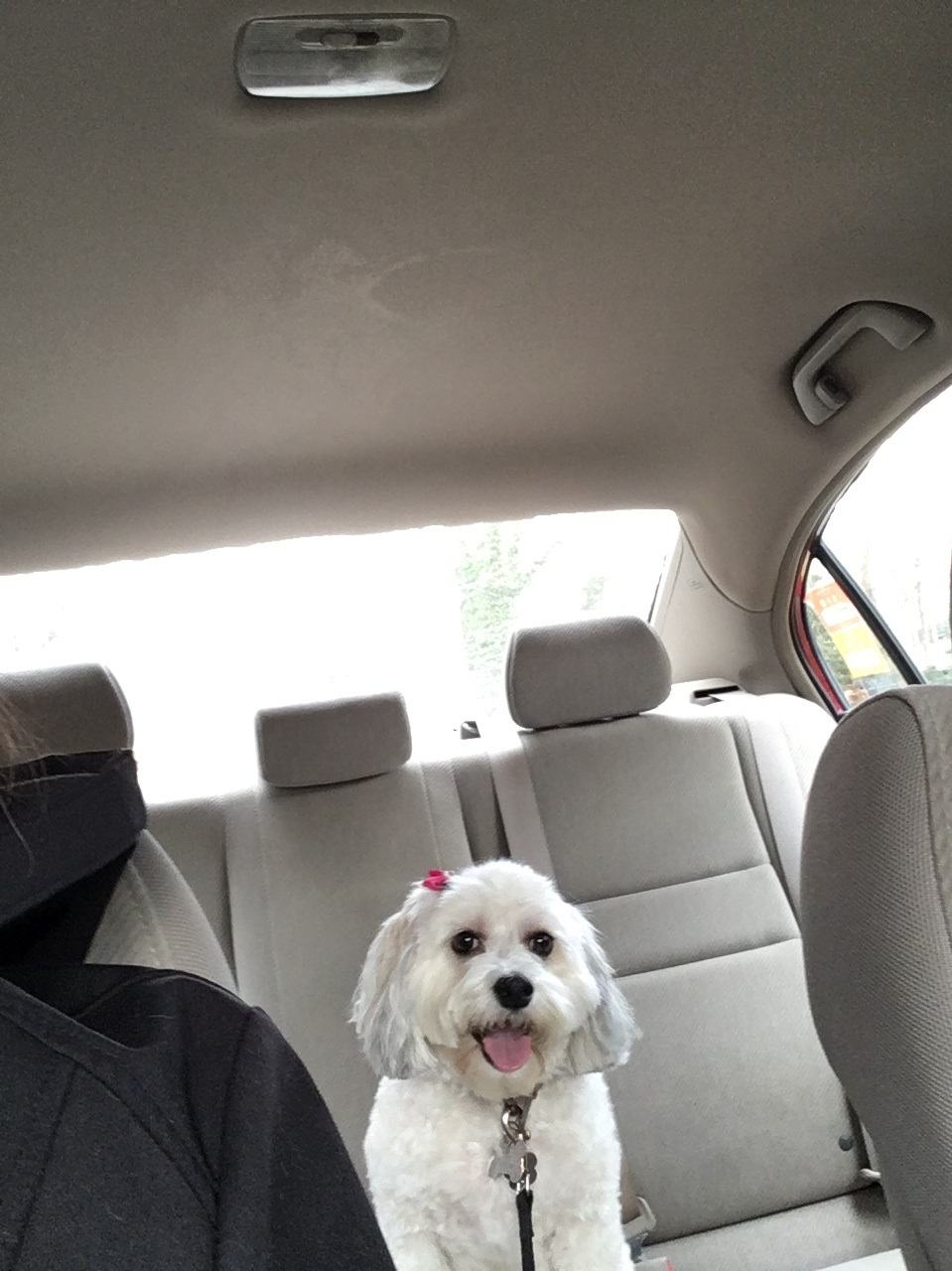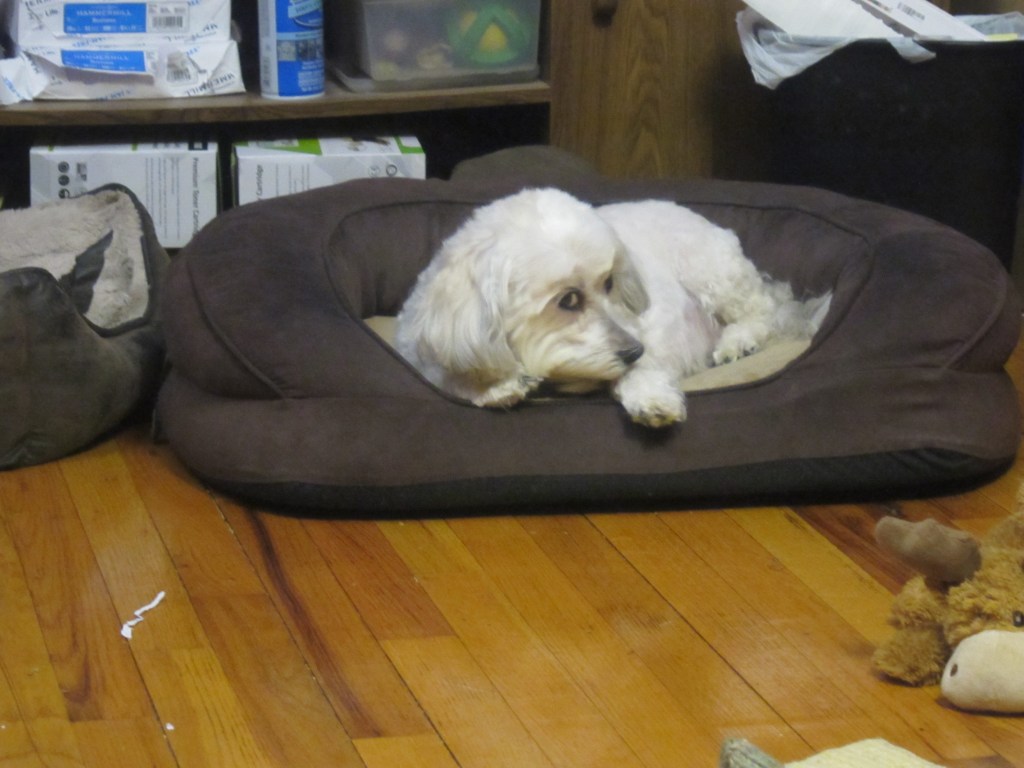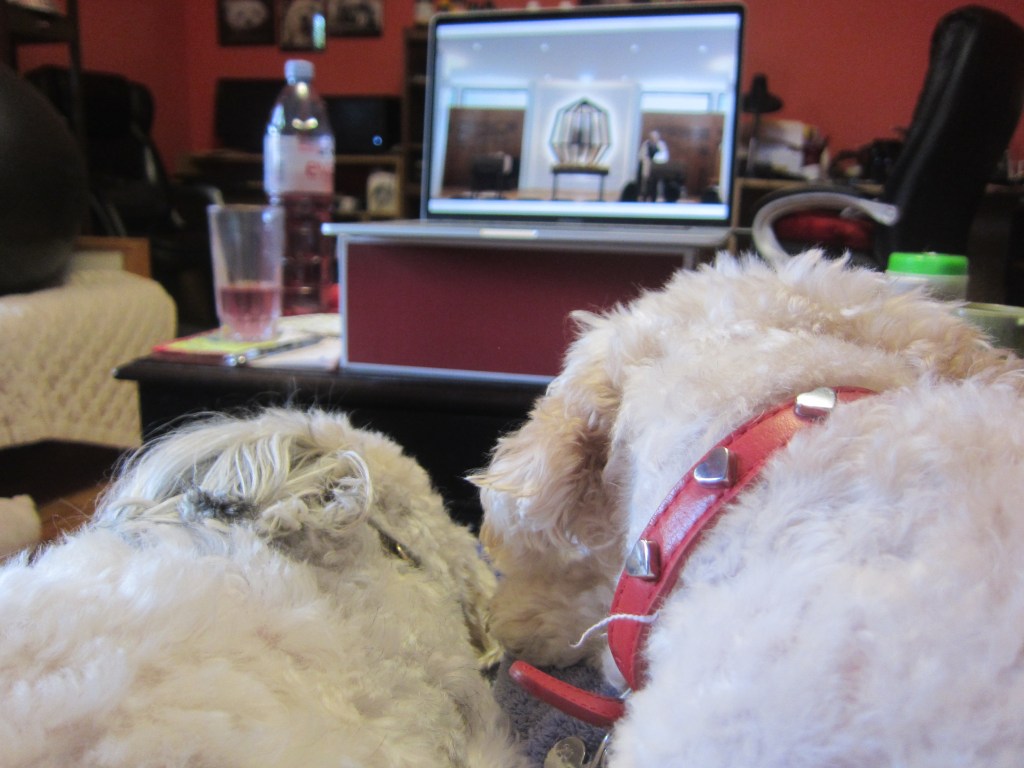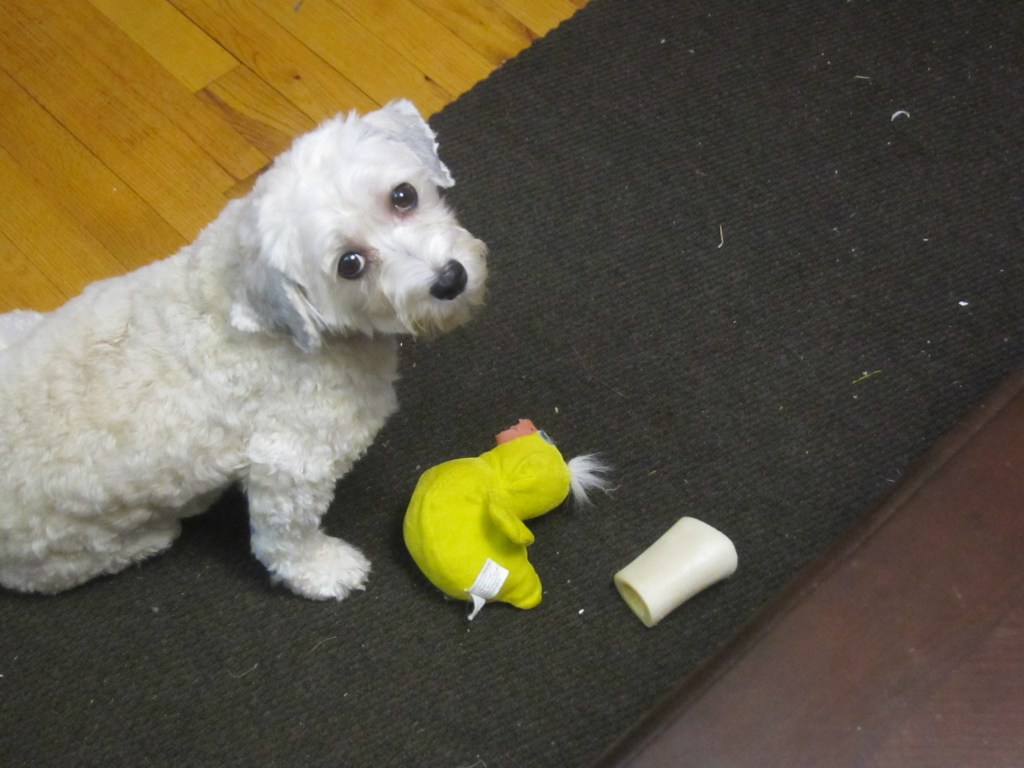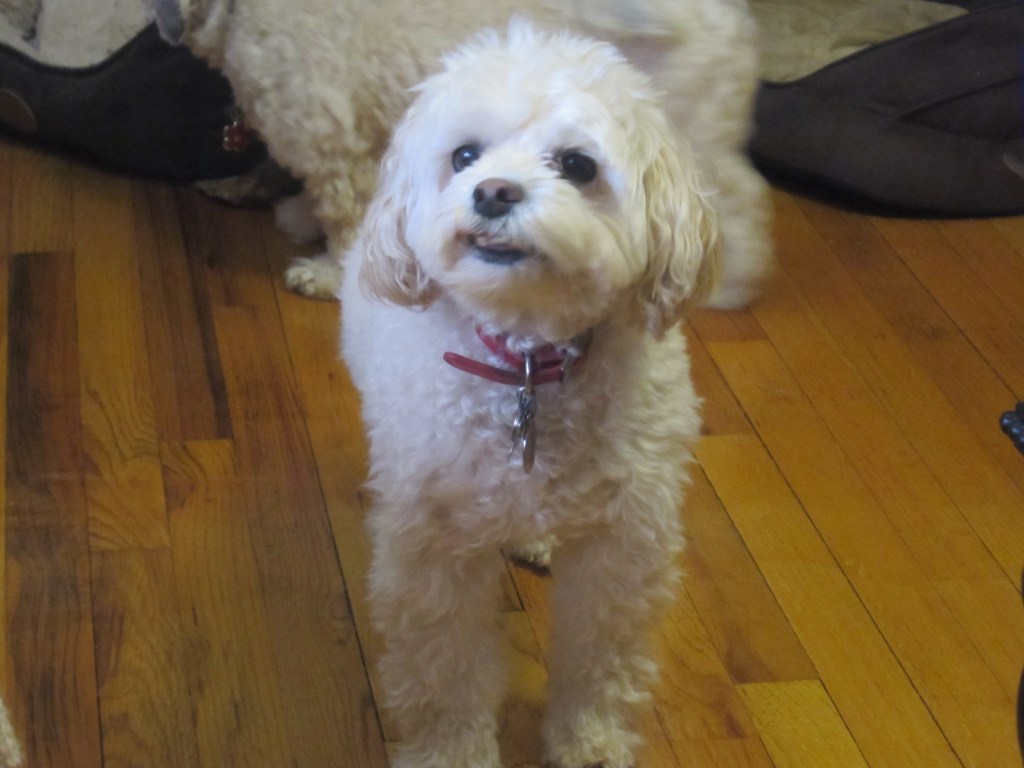My favorite television show this Spring was Zoey’s Extraordinary Playlist, where Zoey, a computer programmer in her twenties, discovers that she can hear people’s innermost thoughts and feelings in song and dance numbers (after an accident in an MRI during an earthquake). I’m a sucker for a musical to begin with, but this show made the connection between music and emotional honesty even more explicit. And I loved it!

And watching the show made me wonder what I might be singing, out walking the dogs, or on Zooms, or at the supermarket, if someone could hear my “heart songs” (this is what Zoey’s friend called the song and dance numbers only Zoey could see and hear on the show). Would my heart songs express the feelings I already feel safe sharing? Or the things I consciously choose to keep to myself? Or feelings I don’t even know I have?

I’m a little bit afraid of this question; on the one hand, I don’t think my emotions are much of a mystery. I may not sing them at the top of my lungs to every stranger on the street, but I imagine that most of my feelings are kind of obvious. Except, what if there were surprises? What if the emotions I haven’t yet wrestled into compliance just started to let themselves out? That worries me. I think I’d rather be Zoey than be heard by Zoey.
Some of the “heart songs” Zoey heard on the show didn’t express people’s deepest secrets, but rather things that Zoey, when she wasn’t hearing the songs, wasn’t able to figure out for herself. Before the accident in the MRI gave her this special power, Zoey was kind of dense about her own emotions, and anyone else’s, and it was keeping her stuck and lonely. The heart songs were her awakening to the world around her and the world inside of her.
I can imagine some of the songs I’d hear other people singing, though: like my rabbi singing Sondheim on every occasion (which he kind of does already); or long litanies of anger and complaint from my fellow shoppers in line at the supermarket (some singer/songwriter laments, but mostly in the Headbanger genre). My synagogue school students often did break into song at random moments, to let me know how bored they were by my chosen lesson plans. My preference would be to listen to a playlist of ballads about people’s secret longings and disappointments, but I’m not sure I’d be that lucky.

And, what if in my version of the disorder, all of the singing and dancing people would be tone deaf and have two left feet? I’d be cringing all the time, and dodging falling bodies. I don’t do well with cacophony, and long stretches of listening to off key music might actually kill me. But at least I wouldn’t have to spend as much time guessing at what people are thinking, reading body language and tone of voice and worrying that I’m guessing wrong. Instead, I could feel confident that I really did know what people were thinking, and then I could move on to feeling guilty about all of the ways I would inevitably fail to help them.
Given that, I still love the idea of my day being filled with music. And I love the idea of all of my thoughts and feelings being intertwined with music, instead of just standing there, like stick figures, marching through my brain.
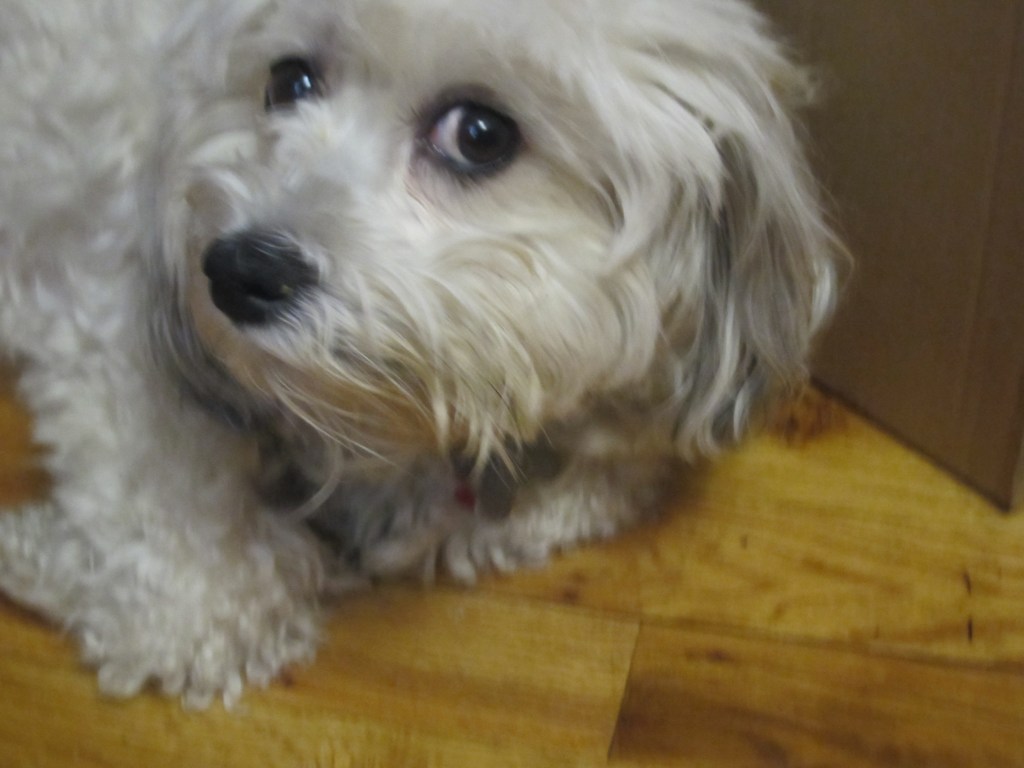
But I do worry that if I could hear and see these musical numbers as vividly as Zoey does, then I’d become so overwhelmed with external noise that I wouldn’t have any room left to hear my own thoughts. I’d have to hide away in my room just to get any writing done – which, come to think of it, describes my regular life pretty well.
The only people I know who wouldn’t be overwhelmed by a sudden outpouring of song and dance numbers, expressing our most secret feelings, would be dogs. For Cricket and Ellie, and all of their compatriots, humans are vividly expressing their deepest secrets, through tone of voice, and body language, and especially smell, all the time. Dogs know everything! And yet they still love us. It’s pretty much the dream of every human being, that even at our most vulnerable and imperfect, with all of our embarrassing smells and shameful secrets hanging out, we could still be deeply loved. And yet to dogs, that’s a given. And, more often than not, we do this for our dogs in return (those lovely creatures who lick themselves in public, and breathe stinky breath in our faces, and expect us to pick up their poop while they bark their heads off at all of our neighbors). It’s other humans we struggle to accept as they are, and other humans who we think will reject us if they knew everything.
Pets, even dogs as judgmental and harrumph-y as Cricket, love us just the way we are. No wonder we love them so much in return.

If you haven’t had a chance yet, please check out my Young Adult novel, Yeshiva Girl, on Amazon. And if you feel called to write a review of the book, on Amazon, or anywhere else, I’d be honored.
Yeshiva Girl is about a Jewish teenager on Long Island, named Isabel, though her father calls her Jezebel. Her father has been accused of inappropriate sexual behavior with one of his students, which he denies, but Izzy implicitly believes it’s true. As a result of his problems, her father sends her to a co-ed Orthodox yeshiva for tenth grade, out of the blue, and Izzy and her mother can’t figure out how to prevent it. At Yeshiva, though, Izzy finds that religious people are much more complicated than she had expected. Some, like her father, may use religion as a place to hide, but others search for and find comfort, and community, and even enlightenment. The question is, what will Izzy find?
